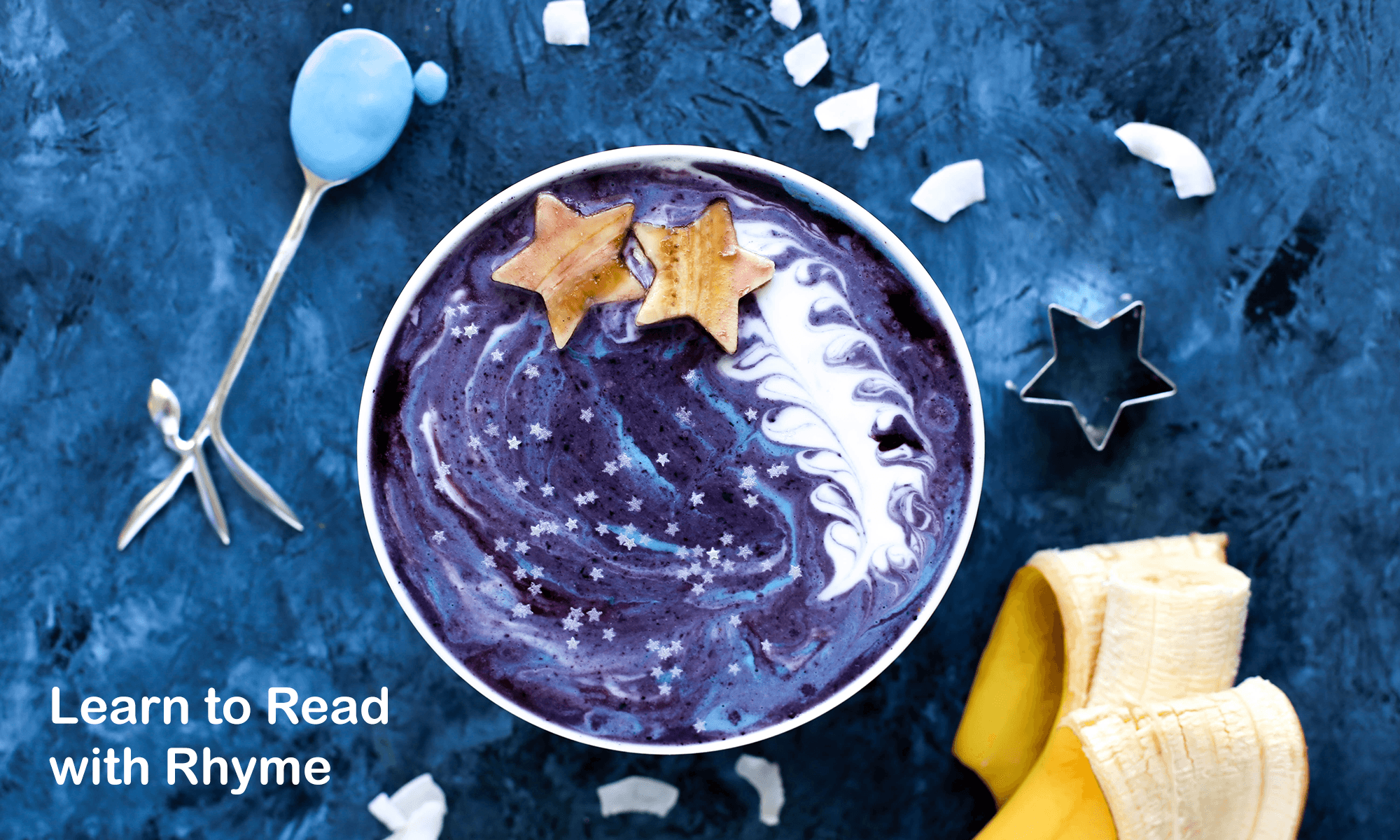Practice Rhyming with your Child
Learning to read is not simply about putting the written word in front of a child. The bedrock of early literacy is listening and speaking. A child that grows their vocabulary through speaking and listening is going to be set up to acquire reading and writing.
By practicing rhymes with your child, you will set them up to understand phonemic awareness and discern letter sounds audibly. The great thing about rhyming is it comes in many forms and can be done with zero preparation. Try the following activities with your child when you are on a walk, in the car, cleaning up the house, or in any situation where you want to integrate it into your daily life.
Activities to Practice Rhyming
Sing and Tell Rhymes
Every culture has rhymes and folk tales. Pick some that you may remember from your childhood or learn some new ones. YouTube is a great resource for learning nursery rhymes. Learn the rhymes yourself and practice with your child throughout the day. So many children songs are based on the tunes that accompany classic nursery rhymes. Grab a copy of Mother Goose at the library or even your grocery bookstore.
Read Nursery Rhymes and Poems
If you are struggling to come up with a diddy or rhyme from memory, invest in a good book. Pick a new rhyme and learn it over the course of a week. By having a wide range of nursery rhymes to rely on, there will never be a dull moment.
Play Silly Rhyming Games
Think of a word, any word. Now start making up words that rhyme with it. “Silly”. I can think of Billy, Willy, Philly, and then start making up words such as Tilly, Dilly, Pilly. Developing an understanding of language and words relies on manipulating words even if you are making them up.
Rhyming Name Game
Putting this in writing may look awkward, but just YouTube and you will get the idea and rhythm.
Preston Preston Bo Beston
Banana Fanana Fo Feston
Mi My Mo Meston
Preston!Doug Doug Bo Bug
Banana Fanana Fo Fug
Mi My Mo Mug
Doug!Aubrey Aubrey Bo Baubrey
Banana Fanana Fo Faubrey
Mi My Mo Maubry
Aubrey!
Dr. Seuss
Grab any Dr. Seuss book. They are essentially all rhyme and making up rhyming words. Not only are they fun, but they are also full of the types of words that young readers should become familiar with.
Increase Exposure to Rhyme and Rhythm
A shrinking number of children are being exposed to rhymes, songs, and chants; a pillar of entertainment among young children in days past. Many of the children that are beginning school have not been exposed to songs or nursery rhymes. Without this foundation, phonemic awareness and sight words become much more difficult to learn.
Research has shown that students that have a good understanding of rhyme at an early age will vastly outperform their peers that are not exposed to rhyme at an early age. It is such an easy activity to do that will support your child as they learn to learn.

